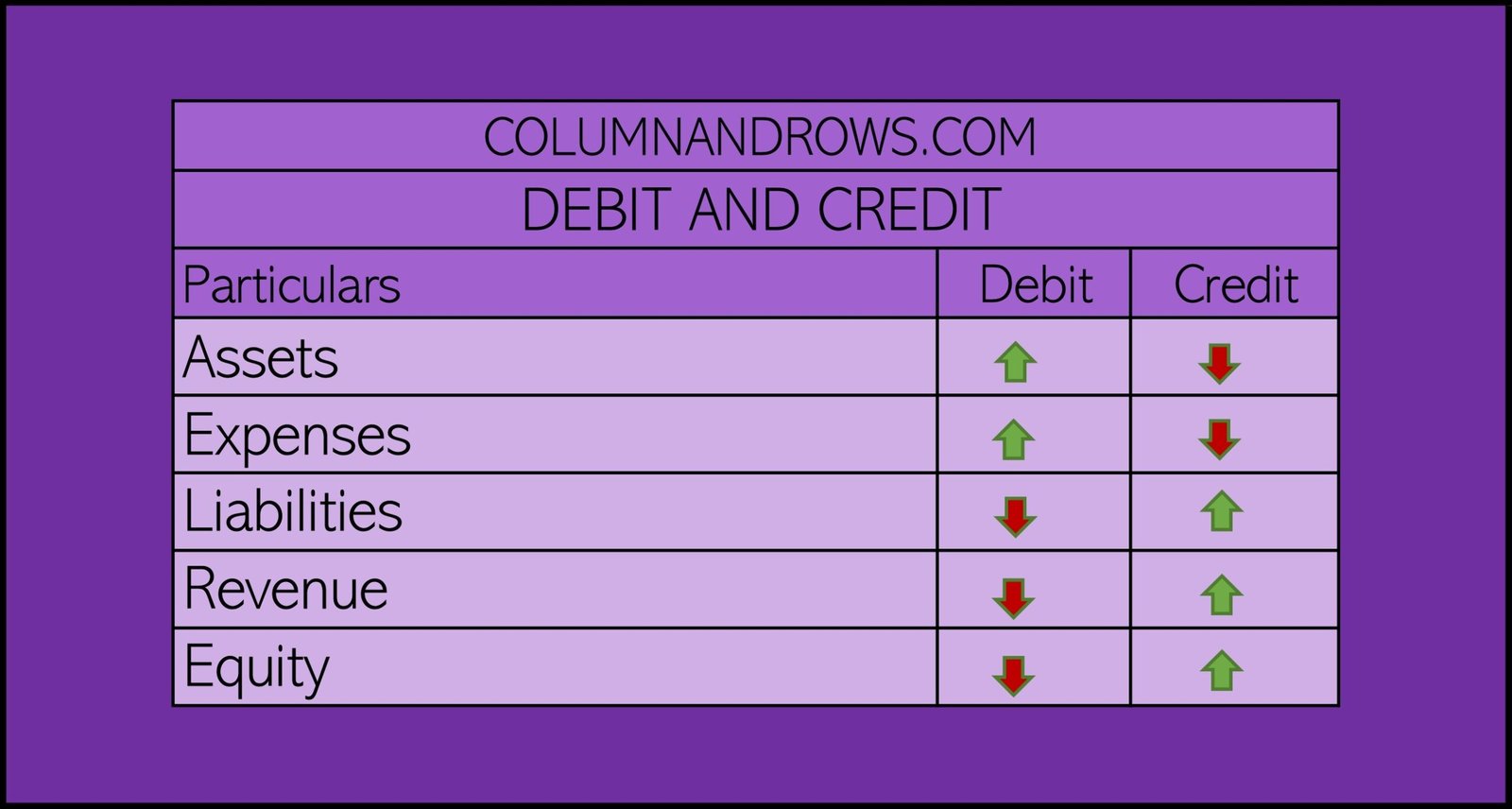Accounting is an art, but not an abstract one. Accounting is based on very accurate ideology of frameworks and concepts that all accountants must follow to record, compute and report financial data. The principles of accounting also known as Basic accounting concepts provide the base of financial accounting. These principles provide the fundamental rules for the interpretation and presentation of accounting records and ensure accuracy. The following are the key accounting principles:
Accrual principle
Accrual principle states that, transactions are recorded when they have occurred and not when cash is exchanged.
Explanation: Accrual principle increases the accuracy of periodic reporting of accounting records. Economic events are recorded when they have occurred irrespective of the associated cash flow. This increases the accuracy of financial statements as the revenues and expenses are match for the period in which they happened.
Example: Mr. A paid Rent $600 to Mr. B for 6 months in advance in October 20XX. However, his Income Statement shall only take $300 as rental expense on year ending December 20XX. Rest shall be posted in prepaid rent in balance sheet and used in next financial year.
Prudence
Prudence principle states that assets and income should not be overstated, and Liabilities and expenses are not understated in financials.
Explanation: Prudence increases transparency of financial statements by giving realistic position of all the liabilities and provisions while making sure that the company is not overvalued.
Example: Bad or Doubtful debts, IAS 37: Provisions, Contingent Liabilities and Contingent Assets.
Business Entity
Any business generating profits or otherwise is a separate entity from its owners/ managers.
Explanation: It means that any business organization whether making profits or a Non-profit organization is considered an artificial person. Such organization shall be liable for its debts and can enter contracts in its own name, pay taxes and make legal compliances.
Example: Electricity bill of the sole proprietor paid by his business shall be considered drawing and not the business expenses. Similarly, travelling expenses of the owner only for business purpose shall be considered business expense.
Historical Cost
Historical cost concept states that the assets are recorded at the cost that was incurred to acquire them and should be overstated due to the increase in market value or inflation.
Explanation: Cost here include price of the asset and all the essential expenses that must incur to get the asset in operatable condition.
Going concern
Going concern is an assumption that the business shall continue to exist in the foreseeable future (Generally 12 months).
Explanation: Financial statements are prepared with the assumption that the business will be running its operations in the foreseeable future which is at least 12 months and not liquidated whether voluntarily or by court order. If this assumption is not taken, then financial statements shall be prepared at the Net realizable value of the assets.
Materiality
Materiality defines the minimum amount of misstatements in financial statements that can be ignored for decision making.
Explanation: Materiality is the minimum misstatement that does not affect the outcome of the future decisions based on financial statements by its users. When a misstatement in the financial statements do not affect the decision making of the investors and can be ignored it is called immaterial.
Accounting period
It is the time period for which financial statements are made for. This is 12-month cycle typically ends on December 31st and may vary.




